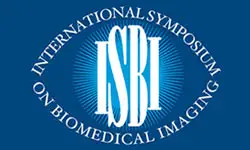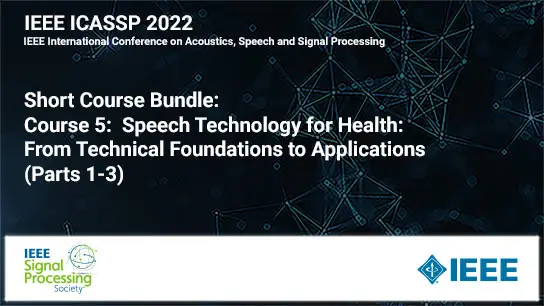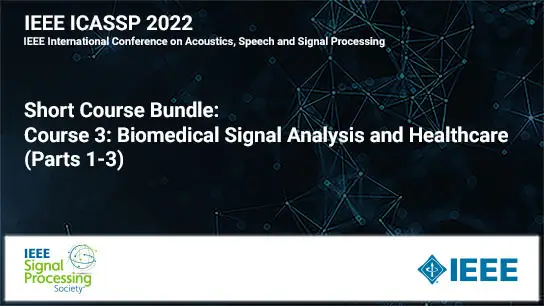Low-Shot Early Gastric Cancer Diagnostic Model Driven By Unsupervised Features
Lixin Gong, Hongping Zhou, Di Dong, Hao Hu, Jie Tian
-
Members: FreeSPS
IEEE Members: $11.00
Non-members: $15.00Length: 00:03:59
28 Mar 2022
The supervised-learning-based diagnosis model needs lots of labeled data. However, there are major obstacles in obtaining massive labeled data while unlabeled data is rich. To assist in improving the detection of early gastric cancer, we constructed an unsupervised-feature-driven diagnosis model (UNFD-EGCM) based on contrastive learning, including the unsupervised feature extraction (UFE) and supervised linear layer (SLL) modules. The UFE was trained by training data without labels to extract features, while the SLL was trained by labeled training data to give the final predictions. We also trained and evaluated our model under simulated lowshot scenarios by gradually decreasing the number of labeled training data. The results showed that our UNFD-EGCM outperformed the baseline in the test cohort, and the superiority is kept even when our model used only 40% of labeled training data used by the baseline. This shows the possibility of mining information from unlabeled medical data.



